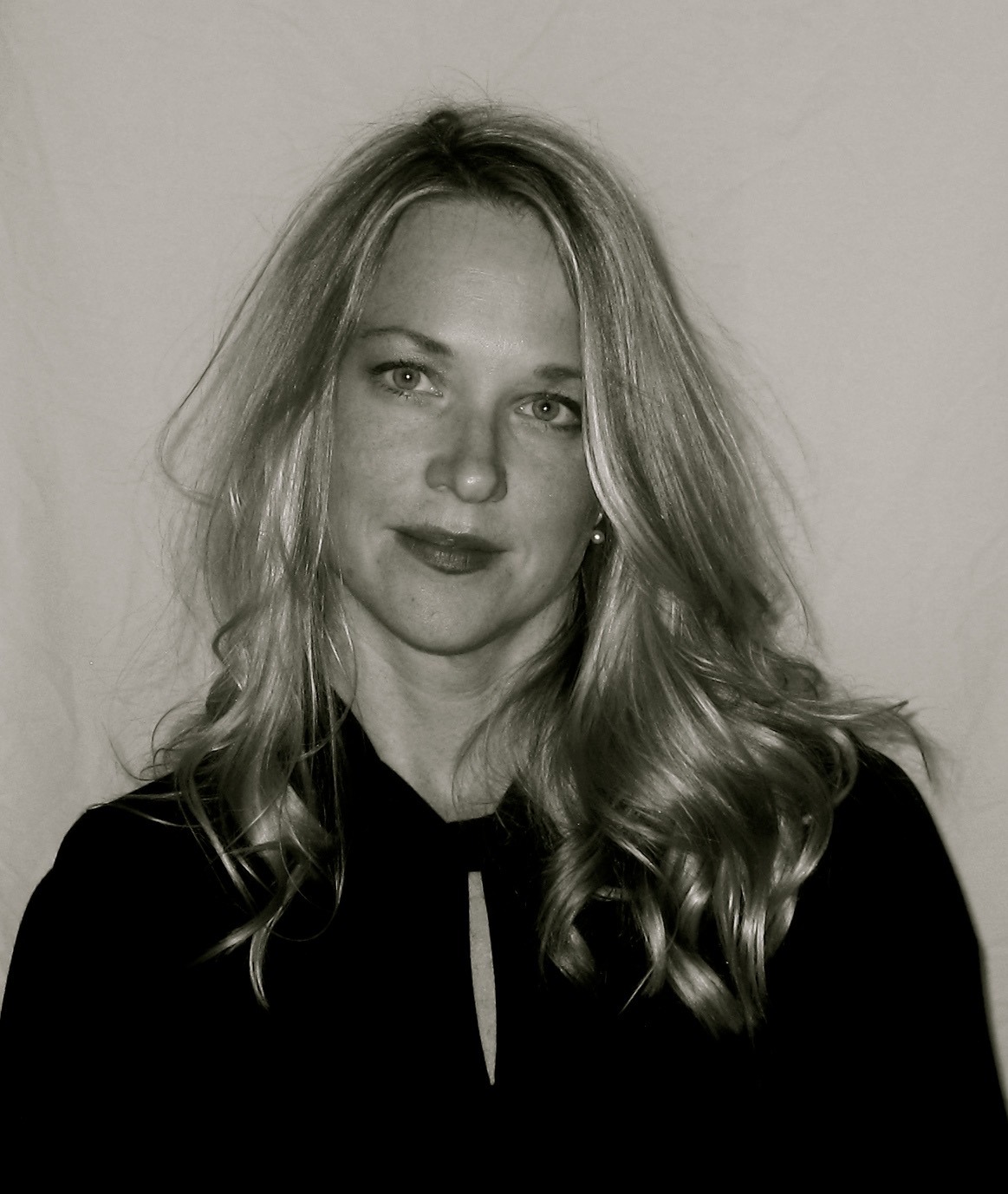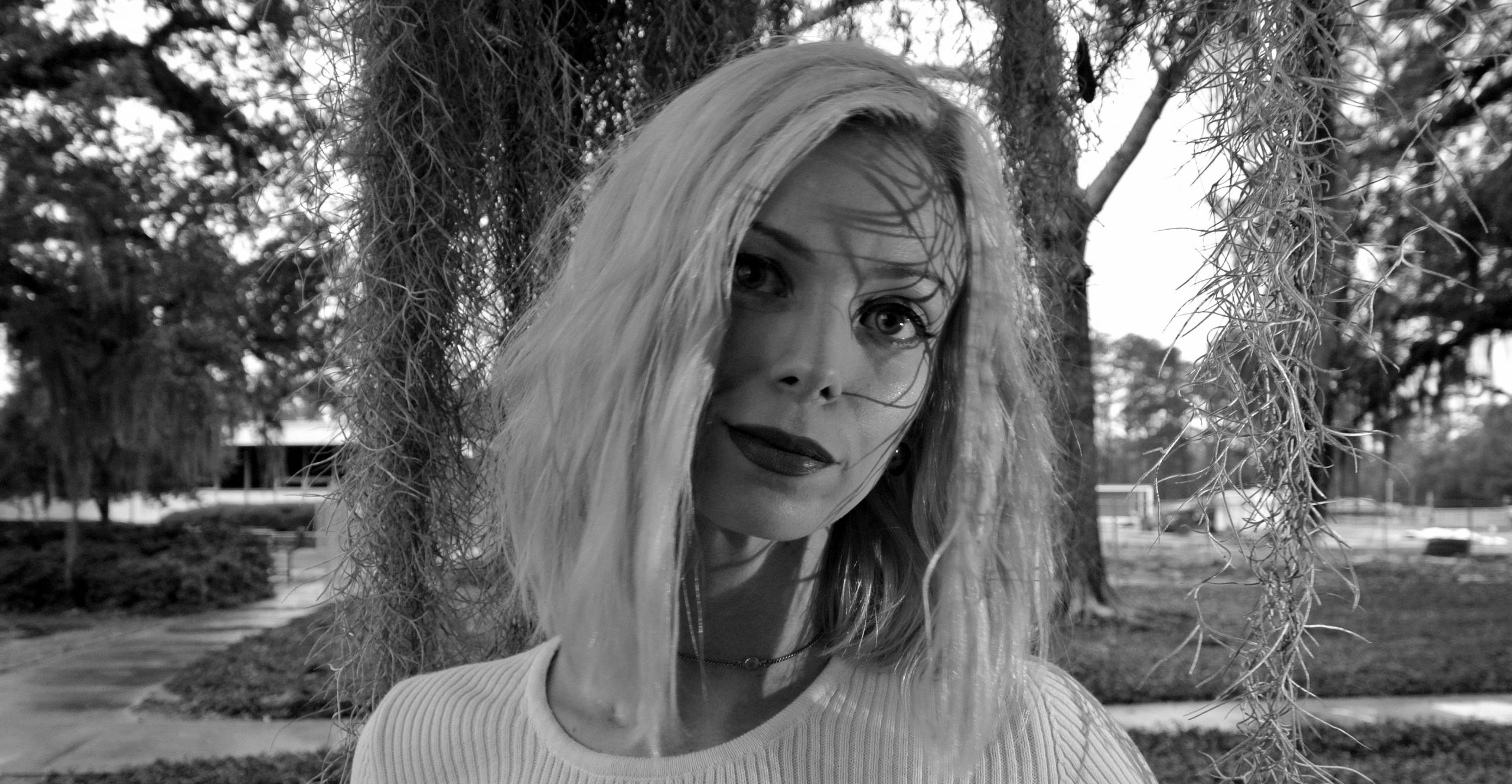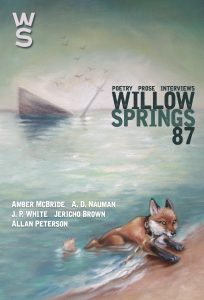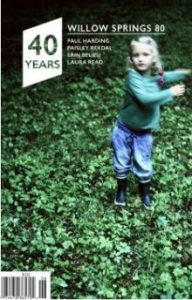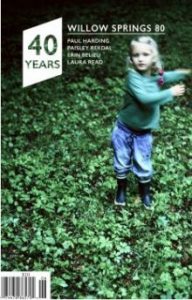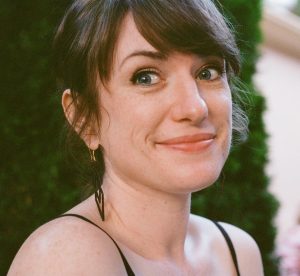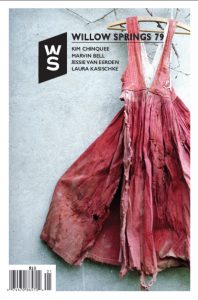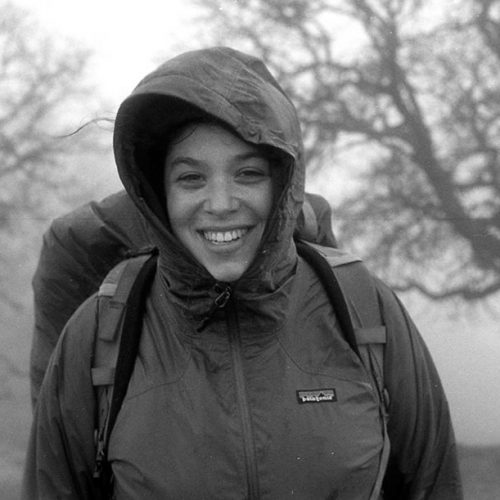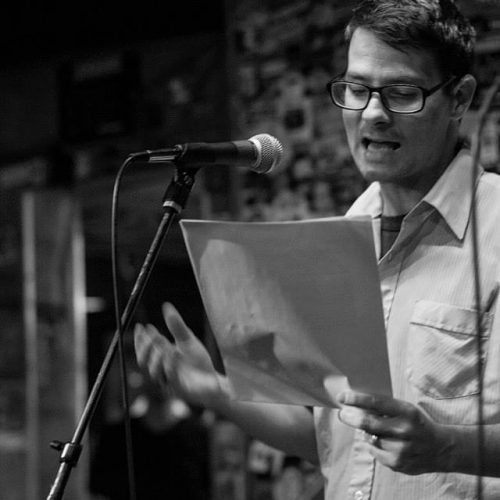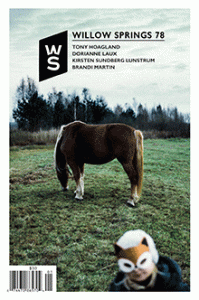Notes on “The Pleasure of Ruin”
I wrote this two and a half years ago, during that post-modern phase of the post-partum brainspace, that time when nothing has absolute truth. That time when your kid is still kind of a baby but also not, and so you can sometimes just observe and fall into the hole of your thinking, or the story or poem you’re working on, and everything feels meaningless or relatively so. This is especially true if you have a pretty sentient five year old hanging with the two year old . . . Everything your kids do is both reifying and shifting your parent-citizen-artist paradigms. (I think I’d also been reading Kay Ryan again, whose work I love—her metaphors are deceptively simple, the slant and occasional rhymes and pacing enact these gorgeous, interrogative meditations on human nature.) So I guess I was thinking about story (there’s a Janet Burroway reference in this poem, and a Hamlet allusion, and W.C. Williams, and penicillin, but none of that is really necessary to read it), and I was thinking about ruin, and the reasons for it—the way we learn by destroying, the way we love a good conflict, a good skeptic, a big mess, and what can come out of all that decay. And, it’s just interesting to watch toddlers destroy things and take so much pleasure in that, isn’t it? You know: one person, with a sense of what’s at stake, painstakingly creates something: art maybe, fragile art, beautiful art, and another person just walks in and tears it apart joyfully, without thinking at all of the emotional consequences for the person who had a stake in its creation. Or maybe we do it to ourselves—just to experience the catharsis of the violence, the wreckage, the aftermath. Or maybe it isn’t violent, maybe it’s redemptive. Maybe both. Anyway, “The Pleasure of Ruin” is a weirdly ominous poem right now, as I write this little note about it, because we’re in the first week of the Trump Presidency and he’s so gleefully trying to destroy things that were so carefully created to benefit all of us: federal lands, water, art funding, trade deals, health care coverage, the earth itself, the nation . . . Anyway, the poem came out of considering that at a less frightening scale, but it’s all there in “Oh, dear,/ and/ some whole trees, and some more//trees, and water, oh, a baby,//or a lost job.” The poem was supposed to be a little ironic, but I’m not sure how to “begin the whole thing over” in the case of America. America’s not a poem.
Music, Food, Booze, Tattoos, Kittens, etc.
Yesterday, I was listening to George Michael, because I wanted to feel sad about something less personal than the other obvious things around me. I needed a break. So I was rocking out to “One More Try,” because I’m a dork like that. And tonight I’m having some Barefoot Moscato, because I like cheap white wine. I just do.
I don’t have any new animals, because who has time for those with all the phone calls we’re making? Plus I already have two children, a dog, two cats, and three fish; about eight daily deer passing through the yard; and an occasional racoon.
Today, I ate some rice and vegetables for dinner, because that way I can save my poor caloric decisions for the wine.
